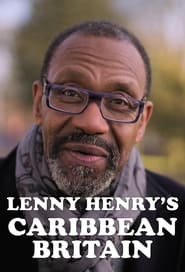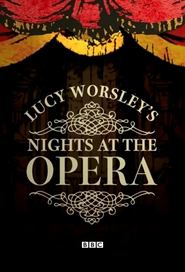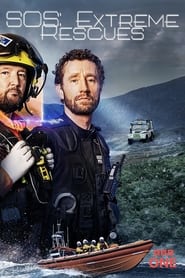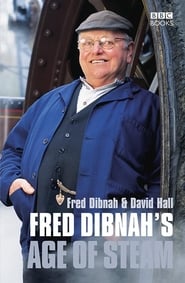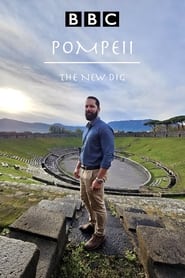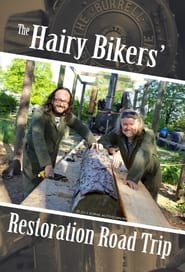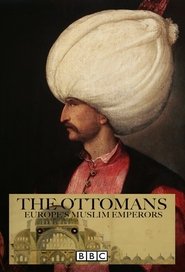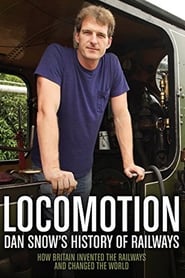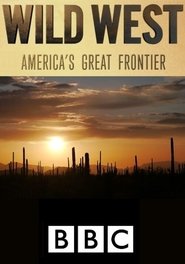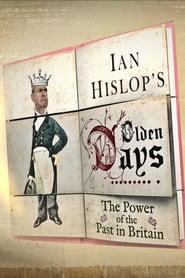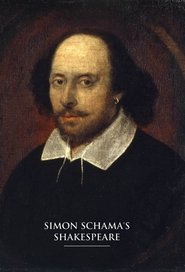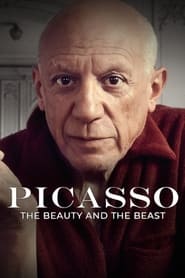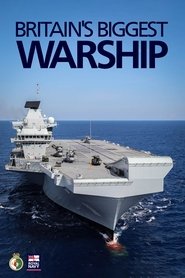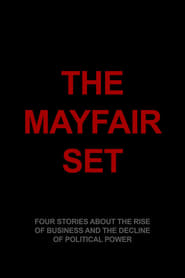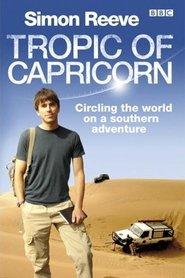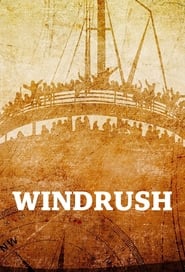Bbc Two TV Series - Page 57
-
Lenny Henry's Caribbean Britain
2022
Lenny Henry celebrates British-Caribbean life with stories from a host of famous faces. How pioneers laid the foundations for an explosion of culture and inspired a new generation. -
Money
2010
star 4.5A two-part adaptation of Martin Amis's cult '80s novel with Nick Frost as John Self, a dysfunctional director who goes to America to make his debut movie but ends up speeding towards self-destruction. -
Lucy Worsley's Nights at the Opera
2017
For centuries in western culture, opera has been the greatest show on earth. Historian Lucy Worsley explores how history and opera go hand in hand. She visits the great European cities where some of the most famous operas were written, tells the stories of the colourful characters who composed them, and shows how they reflected the turbulent times they were composed in and the lives, hopes and fears of the people who lived in them. Whilst Lucy visits the cities and European opera houses, Antonio Pappano, music director of London's Royal Opera, helps us understand some of those operas' greatest musical moments. -
SOS: Extreme Rescues
2024
SOS: Extreme Rescues
2024
Saving lives in a place like no other takes an emergency service like no other. In the stunning, wild landscape of Eryri, also known as Snowdonia, dedicated teams stand by to help. -
Fred Dibnah's Age of Steam
2003
Fred Dibnah traces the development of steam power from the earliest experiments in the ancient world to the modern nuclear power station. -
Pompeii: The New Dig
2024
star 7.6Following the biggest archaeological excavation in Pompeii for a generation. Exciting discoveries and fresco-inspired animations tell the story of life in Pompeii AD 79. -
The Hairy Bikers' Restoration Road Trip
2013
Swapping spatulas for spanners, the Hairy Bikers restore amazing relics of Britain's past. -
The Ottomans: Europe's Muslim Emperors
2013
star 4.2It was the world's last Islamic empire - a super-power of a million square miles. From its capital in Istanbul it matched the glories of Ancient Rome. And after six centuries in power it collapsed less than a hundred years ago. Rageh Omaar, who has reported from across this former empire, sets out to discover why the Ottomans have vanished from our understanding of the history of Europe. Why so few realise the importance of Ottoman history in today's Middle East. And why you have to know the Ottoman story to understand the roots of many of today's trouble spots from Palestine, Iraq and Israel to Libya, Syria, Egypt, Bosnia and Kosovo. -
Locomotion: Dan Snow's History of Railways
2013
star 8Dan Snow examines the development of the railways from their beginnings as track-ways for coal carts in the early 18th century to the pivotal technology for modern Britain. -
Wild West: America's Great Frontier
2016
star 8Discover the amazing ways nature has found to survive in the extremely testing land of America's wild west. -
Ian Hislop's Olden Days
2014
star 6Ian Hislop explores the British obsession with the past. He reveals how and why, throughout our history, we have continually plundered 'the olden days' to make sense of and shape the present. -
Simon Schama's Shakespeare
2012
Simon Schama explores the life and times of William Shakespeare to shed a new and fascinating light on some of the greatest plays ever written. He asks the question: "What came first, Englishness, or Shakespeare's idea of it?" and produces a persuasive argument in favour of the latter. -
Picasso: The Beauty and the Beast
2023
His art changed the way we see the world - now change the way you see the artist. An unflinching look at Picasso's legacy, and the horror and brilliance of what he left behind. Family, friends and experts reassess the tumultuous artistic and personal life of Pablo Picasso, one of the greatest and most provocative artists of all time. -
Kerwhizz
2008
star 8.8Three teams answer ker-razy questions to win “Mods” to add to their Racing Pods. They then race two madcap laps round a unique Raceworld. -
Britain's Biggest Warship
2018
star 7.2HMS Queen Elizabeth is the largest and most advanced warship ever constructed in Britain. As she embarks on gruelling sea trials we see ship and crew pushed to breaking point. -
The Mayfair Set
1999
star 6.7The Mayfair Set is a series of programmes produced by Adam Curtis for the BBC, first broadcast in the summer of 1999. The programme looked at how buccaneer capitalists of hot money were allowed to shape the climate of the Thatcher years, focusing on the rise of Colonel David Stirling, Jim Slater, James Goldsmith, and Tiny Rowland, all members of London's Clermont Club in the 1960s. -
A Band for Britain
2010
A Band for Britain
2010
Series following presenter Sue Perkins as she attempts to breathe new life into Dinnington Colliery Brass Band. -
Tropic of Capricorn
2008
Tropic of Capricorn
2008
Tropic of Capricorn is a BBC television documentary series. It was aired on BBC Two in 2008 and showed presenter Simon Reeve travelling along the Tropic of Capricorn. -
Julian Bream Masterclass
1978
Series of informal masterclasses held at the Wiltshire home of the renowned guitarist Julian Bream. -
Windrush
1998
Windrush
1998
Windrush is a 4-part series of one hour television documentaries originally broadcast on BBC2 in 1998 to mark the 50th anniversary of the arrival in Britain of the Empire Windrush, the ship which brought the first wave of post-war West Indian immigrants
